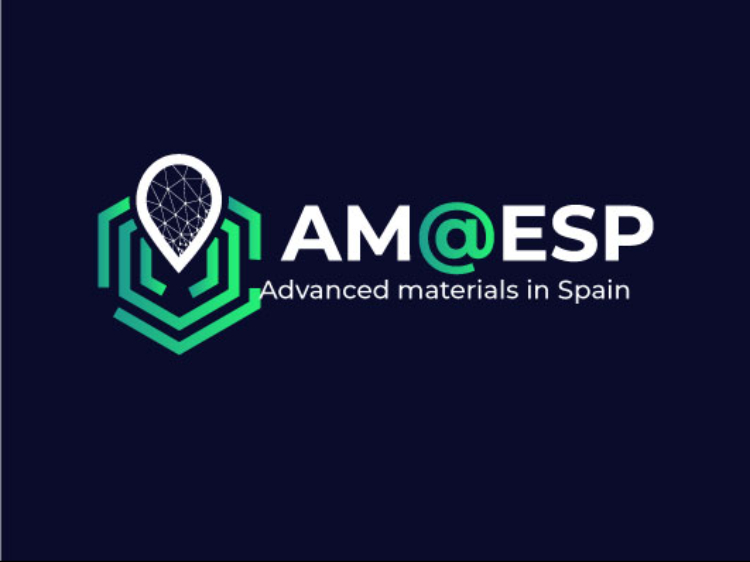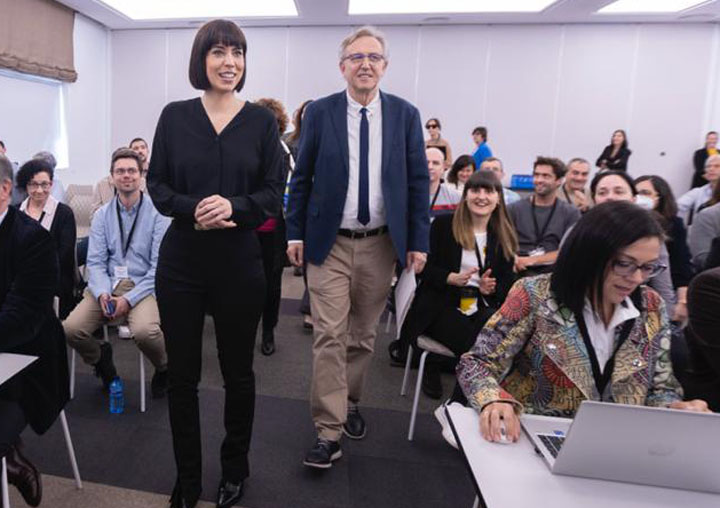
AM@ESP is not only the informative website of the complementary plan that was launched at the end of 2022, but also represents a significant effort made to compile and structure in an interactive way the information and contact of hundreds of groups and hundreds of researchers who participate in an integrated and collaborative way in the strategic lines set out in the project. All of them are coordinated by Eugenio Coronado, professor at the University of Valencia and director of the Institute of Molecular Science (ICMol).
The search engine is designed in a practical and easy-to-use way. It is based on an interactive map of Spain showing the seven regions involved (Madrid, Cataluña, the Basque Country, Aragon, Castilla y León, Castilla-La Mancha and Comunidad Valenciana) and a breakdown of the budgets allocated to each of the lines. In total, some 53 million euros are mobilised, most of which comes from the European funds of the Spanish Government's Recovery, Transformation and Resilience Plan.
The search in AM@ESP can be carried out by different fields. The tool identifies and groups all the universities, centres, groups, projects and companies involved in any of the strategic lines contemplated in the work plan agreed by the different regional coordinators. The most outstanding results of the programme, including the equipment acquired, will also be shown shortly.

The first of the strategic lines of this complementary programme is the promotion of research on graphene and other two-dimensional materials and their possible applications. The second is the development and integration of key innovative materials and processes for energy generation, energy storage and carbon dioxide capture and recovery.
The third objective of the three-year programme also includes the design of materials with advanced functionalities, particularly those that respond to external stimuli and are useful for information and communications technologies, health, mobility, habitat or the environment, among other areas. Advanced materials are identified as those that show thermal, electrical, optical and mechanical properties (strength, hardness, toughness, etc.) superior to those of conventional materials.
Scientific-technical research into materials with advanced functionalities is one of the eight areas established as priorities in the Spanish Science, Technology and Innovation Strategy (EECI) for the period 2021-2027. The other seven are Biotechnology applied to health, Marine Sciences, Quantum Communication, Renewable Energy and Hydrogen, Agrifood, Astrophysics and high energy physics and Biodiversity. A total investment of 466 million euros is involved, of which 167 million euros corresponds to the regional governments.
In general, the complementary programmes seek to encourage and strengthen collaboration and synergies between the different actors involved in R&D&I in advanced materials. And to do so through joint actions that give visibility to the national scientific-technological community and training actions on the dissemination and transfer of knowledge aimed at new generations of scientists.

